By Jonathan Carmichael
Despite the hoopla, Congressman Joe Kennedy III’s call for “moral capitalism”[1] doesn’t represent a radical or novel idea. Similar to all proponents of statist policies and practices, Kennedy’s political ideas uphold no rational morality, preserve the statist elements of our mixed economy, and, logically, can only lead to further government controls and, therefore, less freedom; unequivocally not capitalism.
Kennedy’s rhetoric effectively captured the attention of his fellow politicians and the press, but an attempt to discover Kennedy’s political philosophy reveals more of the same collectivist ideas explicitly associated with the left and poorly challenged—if at all challenged—by the right.
Kennedy’s primary concern is funding the various existing welfare state programs along with any new programs that might arise under the growing statist elements of the current mixed economy. He hasn’t defined the particular actions that he thinks will achieve his ideal, but some of the things he advocates are wealth redistribution, increasing the government prescribed minimum wage, government meddling in corporate structures, and taxing the rich—among other measures—to “meet our needs in infrastructure, childcare, health care, college and climate change.”[2]
Kennedy, although not unique in this regard, paints wealth creators as an evil element of society who should be punished. He pits CEOs against workers and “the rich” against the rest of society in a Marxist style class warfare.
Such ideas regard some individuals’ needs as a moral claim against—and justification to violate the individual rights of—those who they condemn as the villains of society, such as CEOs, “the rich,” successful entrepreneurs, those in the finance industry, employers, “the 1 percent,” “greedy capitalists,” and other productive individuals they decry as immoral, greedy, selfish, and powerful.
By what criteria are they condemned? By their virtue of being productive; by the fact that they achieved wealth and success; because they dared to take risks and pursue their own self-interests; because they created value where there was none; and because they assert their moral right to profit from their intellectual achievements.
Proponents of the class warfare narrative claim that injustice is committed by value-creators against those who rely on the value they create, such as jobs, loans, goods, services, knowledge, and entire industries.
The actual injustice is the violation of rights committed by government against the individuals who create value. Measures like those advocated by Kennedy initiate and reinforce some of these injustices. The irrational principle behind such rights-violating actions holds that the more value one creates, the more he is indebted to anyone who needs what he has created. This is an absolute injustice and the antithesis of capitalism.
Confusingly, Kennedy rebukes what he calls “Trump’s zero-sum game world view,” in which for “some segment of this society to win, somebody else has to lose,”[3] while Kennedy himself displays the same view by invoking the popular but misleading pie metaphor; “Americans spend their days fighting each other over economic crumbs—while our system quietly hand delivers the entire pie to those at the top.”[4]
As authors Yaron Brook and Don Watkins have pointed out,[5] the pie metaphor encapsulates two false premises: 1) That wealth is fixed, i.e., it doesn’t grow; and 2) Wealth is owned collectively by society rather than individuals. The truth is that every individual owns his own pie, and some grow their pie larger than others do.
There’s clearly nothing new to Kennedy’s ideas. In this case he’s employed the use of political campaign style tactics to appeal to “the economic needs of working class and middle-class voters.”[6] Moreover, he’s corruptly described his ideal political system as moral when it entails coercive force, makes no mention of protecting individual rights, and upholds the needs of society as a moral standard. These are not the hallmarks of capitalism. Kennedy’s proposals are inimical to capitalism and identical to or consistent with the statist elements which currently exist in the U.S.’s mixed economy. To call it capitalism is dishonest.
Contrary to Kennedy, we don’t need a new ideology called “moral capitalism.” We need actual capitalism.
By recognizing individual rights, capitalism is the political corollary to Individualism; the idea that each and every man is an end in himself and must exist for his own sake, independent of the demands, wants, and needs of others. Such is the idea that led to the Declaration of Independence and man’s inalienable right to life, liberty, and the pursuit of happiness.
Collectivism, on the other hand, regards man in terms of an aggregate, community, group, society, race, gender, tribe, class, et cetera. One’s purpose, according to collectivists, is to serve the collective, and he is of value only insofar as he does so. The political corollary to collectivism is any variant of statism (e.g., socialism, communism, fascism, Nazism). Under statism, the individual is subjugated to the demands of the state; he becomes a means to the ends of others.
Capitalism, more specifically laissez-faire capitalism, as described by Ayn Rand, entails separation of state and economics and is “based on the recognition of individual rights, including property rights, in which all property is privately owned.”[7]
Capitalism permits man to act corresponding to the nature of man, a rational animal, and it is, therefore, moral. The fundamental requirement for man to think and act on his own rational judgement is the freedom to do so. A proper political system entails a government that exists to protect individual rights, and thus preserve one’s—everyone’s—freedom to think and act on his own rational judgement. That system is capitalism.
The only way to establish a proper system of capitalism out of our current mixed economy is to deliberately, consistently, and systematically remove the statist elements.
If
you uphold the moral value of individualism and individual rights then advocate
unapologetically for capitalism; the only moral social system.
Footnotes
[1] LeBlanc, S. (2018, Nov 28). US Rep. Kennedy: Democrats should embrace “moral capitalism”.
[2] LeBlanc, (2018, Nov 28). “moral capitalism”.
[3] Wood, M., & Ryssdal, K. (2018, Dec 04). 93: Rep. Joe Kennedy is all about moral capitalism, and that sounds familiar.
[4] LeBlanc, (2018, Nov 28). “moral capitalism”.
[5] Brook, Yaron, and Don Watkins. 2011. “When It Comes to Wealth Creation, There Is No Pie.” Forbes.; See also, Brook, Y., & Watkins, D. (2016). Equal Is Unfair: America’s Misguided Fight Against Income Inequality. New York: St. Martin’s Press.
[6] LeBlanc, (2018, Nov 28). “moral capitalism”.
[7] Rand, Ayn, Nathaniel Branden, Alan Greenspan, and Robert Hessen. 1967. Capitalism: The Unknown Ideal. New York: Signet. a

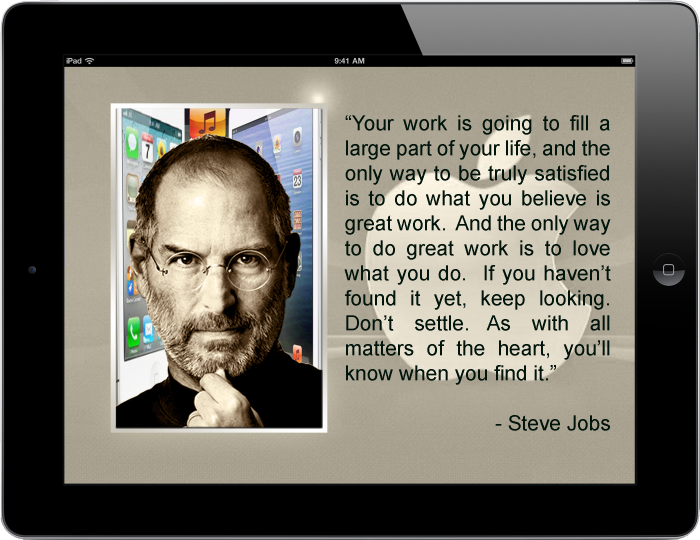
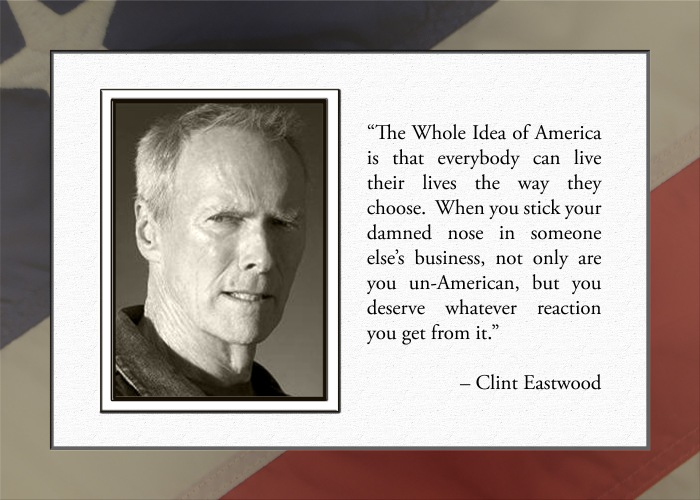
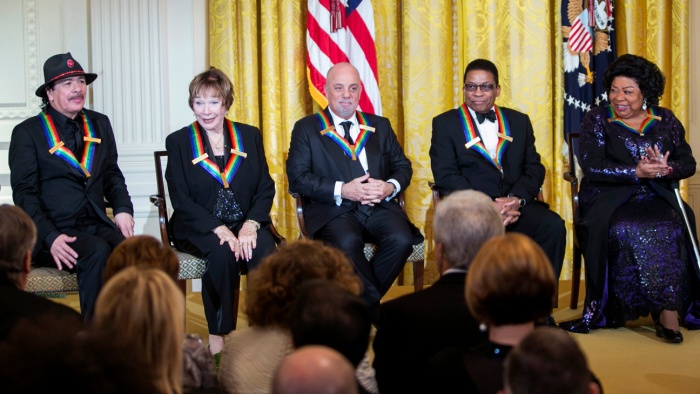
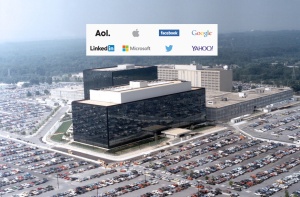 When The Guardian published reporter,
When The Guardian published reporter,  Most are aware by now, of the recent Jeff Bezos unveiling of Amazon Prime Air. There has been a lot of excitement as well as skepticism and even criticism about the
Most are aware by now, of the recent Jeff Bezos unveiling of Amazon Prime Air. There has been a lot of excitement as well as skepticism and even criticism about the 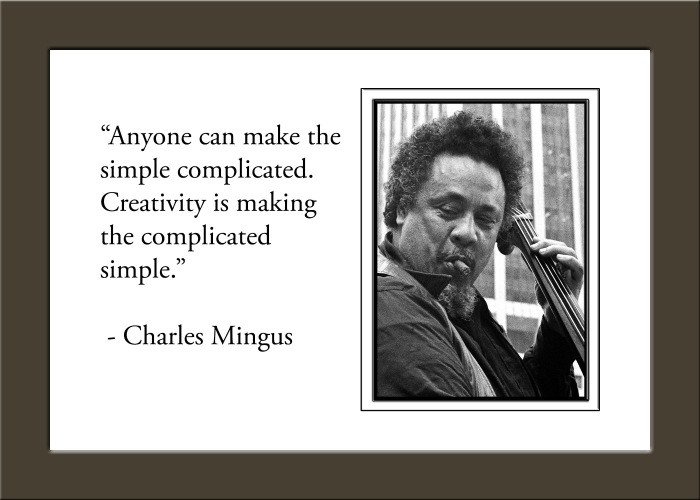
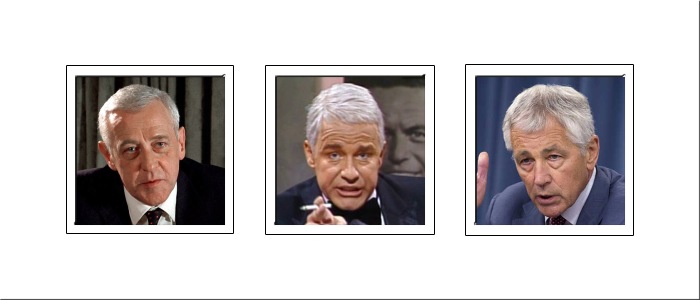
 In a
In a 
You must be logged in to post a comment.